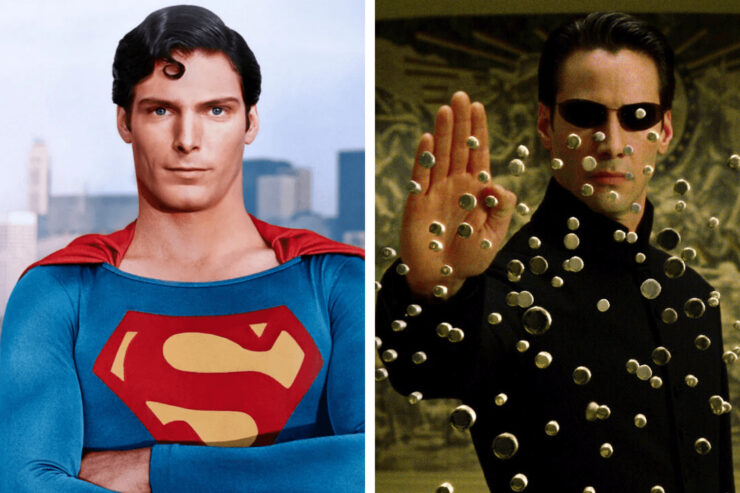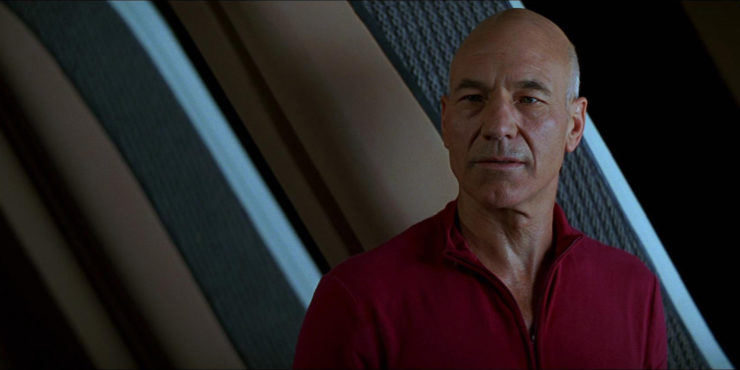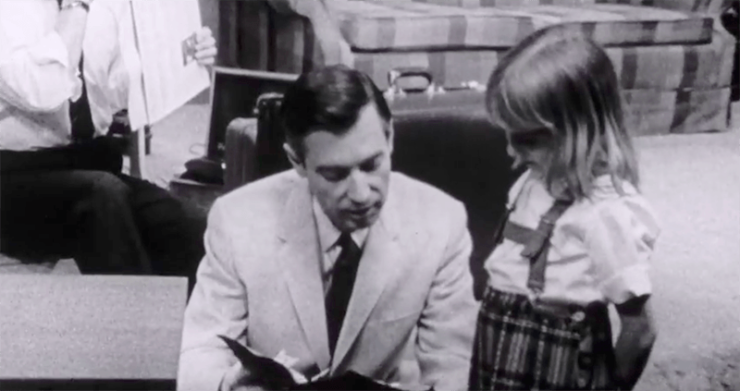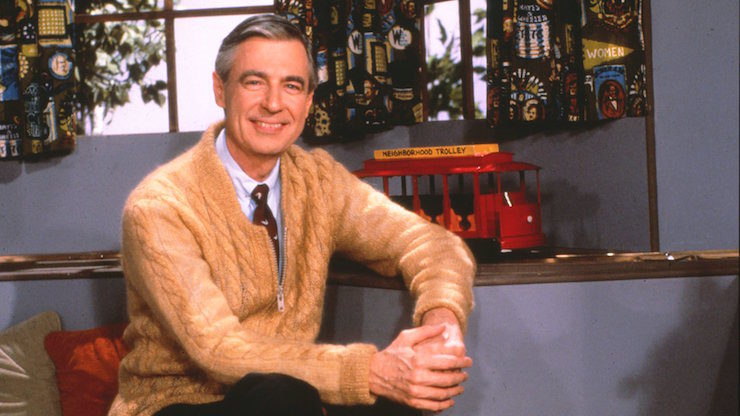The Essential Storytelling Device That Fuels Superman and The Matrix
Comment number:
4
Advertisement
Showing 33 results







“Writers are liars my dear, surely you know that by now?”
Neil Gaiman, The Sandman
For compliance with applicable privacy laws:



